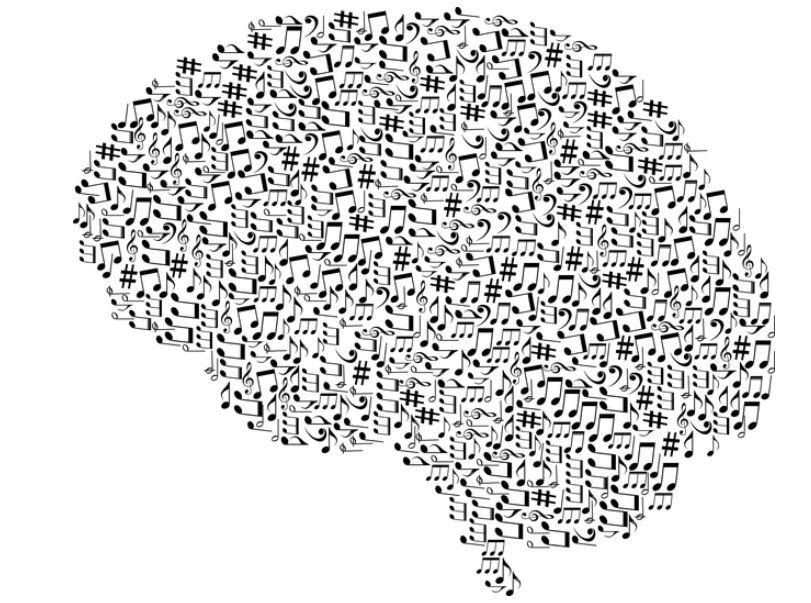From the moment a baby is born music naturally becomes a part of their life. Parents sing lullabies and playful tunes; the radio plays all kinds of modern and classic songs and TV commercials pop out catchy tunes. When you think about it, we’re basically surrounded by music from morning until night!
While we know that music plays a fairly significant role in our day to day lives, often in the background, we often don’t give a second thought as to what benefits it might actually have for our brains.
Music’s effect on the Brain
Fun, healthy and inspirational…just a few reasons to explore music lessons for your child at Capstone Music Burlington!
Without going into too much detail about how the brain works, the reason that music can affect memory is because the pathways that are used to process music are some of the same pathways that are used to process memory.
You know those times you hear a song that you haven’t heard in a long time and it brings back memories of who you were with or what you were doing at a time when it played in the past? That is a perfect example of how these 2 triggers use the same brain pathways! Because of this relationship, music is often used in therapies for dementia and Alzheimer’s patients.
Music also stimulates connections between different parts of the brain. This also helps with therapy with dementia patients because it stimulates the processing of forgotten emotions and memories.
Scientific Theories on Music & Memory
Throughout time, many studies have been performed about the relationship between music and memory. Thanks to some of these studies a couple of theories have been formed.
The Mozart Effect
In a study conducted at the University of California, it was found that students who listened to music by Mozart before performing a task tended to perform better during the performance of that task. Students who listened to Mozart were compared to students who listened to relaxation sounds or silence. The students who listened to Mozart ended up improving their scores more than the ones who didn’t.
The Vivaldi Effect
In a similar study, students were tested the same way with all of Vivaldi’s ‘Four Seasons’ concerts. Interestingly, the first part of ‘Spring’ was shown to present the best results in students.
Best Kinds of Music to Listen to for Brain Health
Classical music is best when you are studying for a test, need to retain any information or want to stimulate something to stick in your mind.
Music with lyrics is good if you are working on a repetitive or boring task, but not when you are trying to learn new information.
Upbeat music like pop and techno is good for exercising, staying awake and decreasing stress, but is less beneficial when you want to relax or study.
Your favourite music is best for increasing focus and productivity. This is especially true if it is upbeat, instrumental and not played too loudly.
Any upbeat or classical music seems to stimulate patients with Alzheimer’s or dementia to show improved moods and chances of increased memory presentation.
Emotionally touching music has been shown to increase memory and recall, particularly in facial recognition.
Ways to include music in your life
- Listen to music while studying, cleaning or exercising
- Take a class at a local music studio
- Learn how to play a new instrument
- Sing in the shower
- Jam with friends or join a band
- Play music while you drive
- Join a choir at church or in a community group
- Dance
Music is always present and unforgettable!
Music is a pretty common thread throughout our lives. From lullabies and playful baby songs to commercials on TV, music is present everywhere whether we realize it or not. But beyond just being used as background noise, it can play a pretty significant role in brain health, too! It’s no surprise that music can affect our memories and thought processes when we consider that both stimulate the same pathways.
Whether you are looking to improve your memory skills and brain health, or you just want to jam out to music you love, music will always have a positive place in your life!






